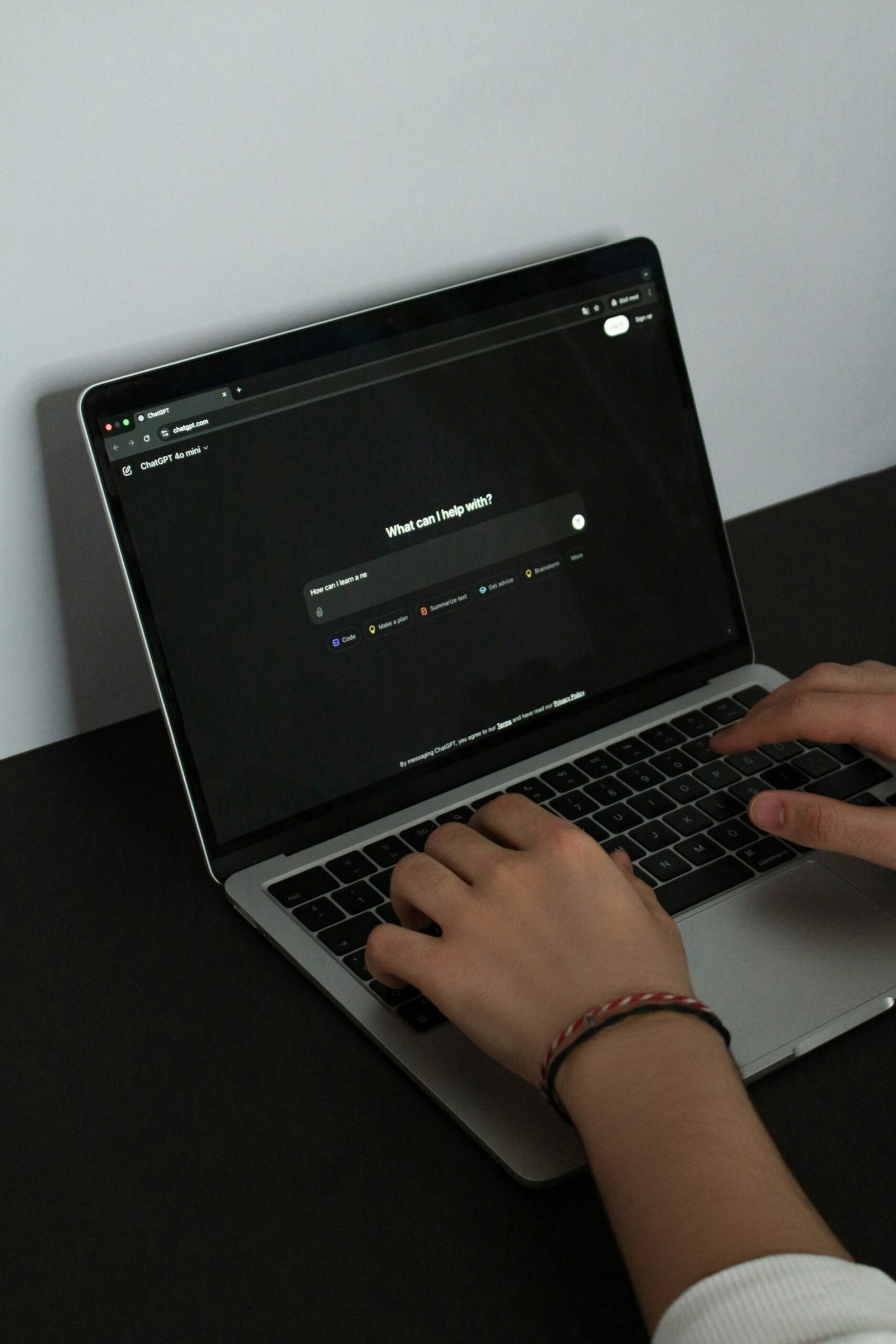The world of research is rapidly evolving, shaped by the rise of innovative digital tools that are redefining how we gather and analyse information. ChatGPT, an advanced language model developed by OpenAI, assists researchers, students, and professionals by delivering quick and well-structured information across various subjects. Registering for a ChatGPT Course can provide essential skills and strategies to harness the full potential of this tool. Understanding How to Use ChatGPT effectively can be the key to transforming general responses into insightful, customised data.
This blog explores practical ways to use ChatGPT for research, offering tips to maximise its capabilities and ensure users receive the most accurate and relevant information.
Table of Contents
- Understanding the Capabilities of ChatGPT
- Tips for Enhancing Your Research with Chat GPT
- How to Improve Accuracy and Relevance with ChatGPT
- Conclusion
Understanding the Capabilities of ChatGPT
A powerful artificial intelligence tool, ChatGPT generates text that closely resembles human language based on user inputs. It can summarise information, explain concepts, suggest ideas, and provide step-by-step solutions. However, it lacks real-time internet access and the ability to verify facts from the latest updates. Therefore, it’s essential to verify information from authoritative sources for accuracy.
Tips for Enhancing Your Research with Chat GPT
Here are several effective strategies for using ChatGPT to enhance your research:
Generating Research Questions and Ideas
- Start by using ChatGPT to brainstorm potential research questions.
- Provide the AI with a broad topic and ask for specific angles or sub-topics to explore.
- This can help identify unique areas of study or gaps in existing research.
Conducting Literature Reviews
- ChatGPT can summarise existing literature on a given topic.
- Input specific questions like, “What are the key findings in recent studies about climate change mitigation?”
- It can provide concise summaries, saving time in the initial stages of a literature review.
Summarising Complex Concepts
- Use ChatGPT to break down complex theories or concepts into simpler terms.
- This is particularly helpful for understanding complex subjects or fields outside your expertise.
- By simplifying the information, you can grasp foundational knowledge before diving deeper.
Drafting Outlines for Research Papers
- Ask ChatGPT to suggest outlines for research papers based on specific topics.
- For example, “Outline the main sections of a paper on artificial intelligence in healthcare.”
- This helps organise thoughts and ensure that no critical sections are missed.
Creating Definitions and Explanations
- ChatGPT is useful for generating clear definitions and explanations of key terms.
- This can be valuable when you need concise, well-articulated explanations for a presentation or report.
- Use it to cross-check and refine definitions found in other sources.
Identifying Research Methodologies
- Ask ChatGPT for suggestions on suitable research methods for your study.
- For example, “What qualitative methods are best for studying consumer behaviour?”
- It provides a range of options, including pros and cons, to help decide on the best approach.
Translating Research Material
- If working with research in multiple languages, use ChatGPT to translate key points.
- It clarifies the key points of foreign language books even if it cannot replace professional translating.
- It is particularly helpful when researching worldwide viewpoints on a subject.
Preparing for Interviews and Surveys
- Use ChatGPT to generate potential interview questions or survey prompts.
- Provide context about the research topic and ask for relevant, insightful questions.
- This can streamline the preparation process and ensure comprehensive coverage of the topic.
Conducting Comparative Analysis
- Ask ChatGPT to compare different theories, models, or viewpoints.
- For instance, “Compare the Keynesian and Monetarist views on economic policy.”
- This can provide a quick overview and highlight key differences and similarities.
Generating Hypotheses
- Use ChatGPT to brainstorm possible hypotheses for your research.
- Briefly describe your study area, and ask, “What hypotheses could be explored?”
- It offers creative and logical options that can be refined further with more in-depth research.
How to Improve Accuracy and Relevance with ChatGPT
While ChatGPT is a powerful tool, it is essential to approach its outputs critically:
Verify Information: Check the material ChatGPT offers constantly with reliable sources. Artificial intelligence can provide outdated or incomplete information without access to real-time facts.
Refine Prompts: The prompt greatly influences the nature of the response. Be specific and clear to acquire the most appropriate responses from your searches.
Use as a Supplementary Tool: ChatGPT should be used to enhance rather than replace traditional study techniques. Though it should not be the only source of knowledge, it can offer direction and insights, providing a sense of reassurance about the value of traditional methods.
Conclusion
Researching well with ChatGPT calls for knowledge of its strengths and limitations. Users can improve their research process by using its capacity to create ideas, summarise data, develop outlines, and offer comparative analysis. However, critical thinking and confirmation are essential in ensuring the material’s relevance and correctness. With structured learning on how to utilise this instrument more effectively, joining a ChatGPT Course offered by The Knowledge Academy researchers can maximise its possibilities while preserving high standards of academic integrity.










